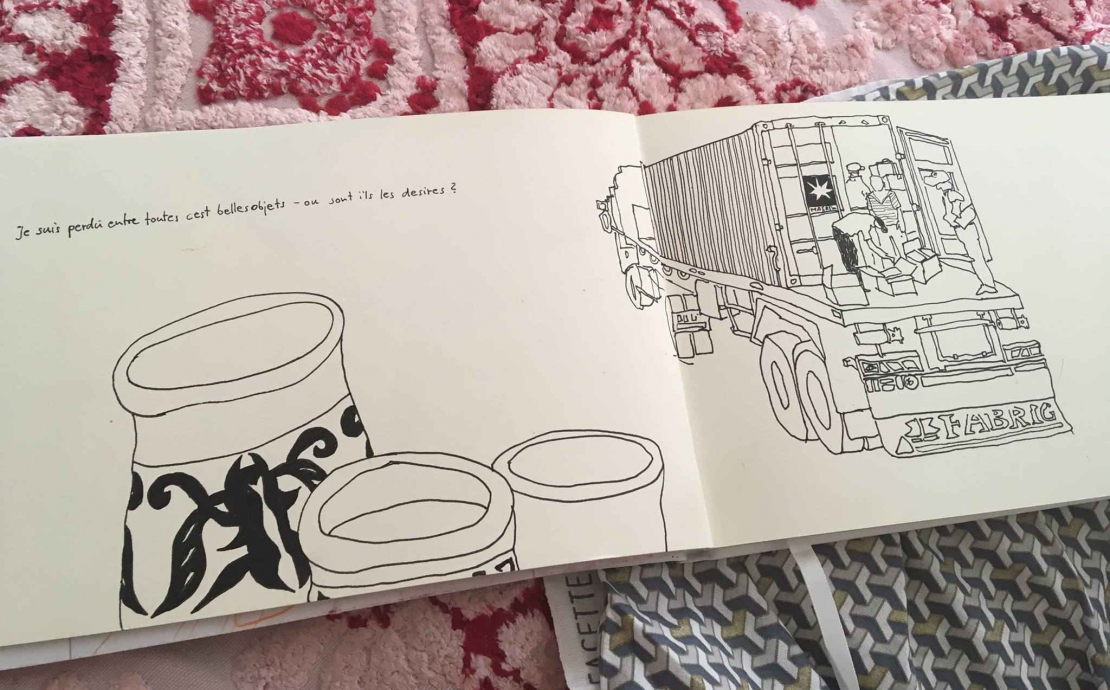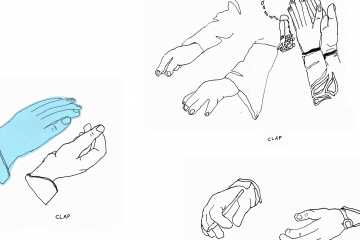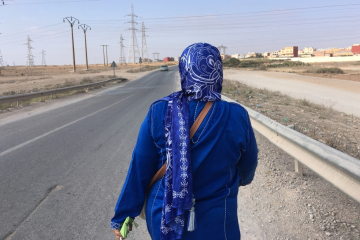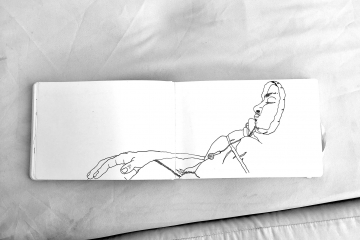El peso de mis vecinas. La poesía y el cante como dispositivos estratégicos
El peso de mis vecinas. La poesía y el cante como dispositivos estratégicos explores ‘production’ by women in the Moroccan/Amazigh community and their concerns in a neighbourhood community context by studying the collective ability to compose sung lines that turn conversation into song.
Through this research, the project looks into the close relationships, distance and common ground between the women in the community. The research is being carried out in El Born, a neighbourhood in the old quarter of Barcelona, and on the border between Melilla and Morocco.
https://www.christinaschultz.com/works/ElPesoDeMisVecinas/
Christina Schultz has been working for over 20 years in various fields related to art and as a multidisciplinary artist and performer. She takes a collaborative approach to her projects and works with cinematic, scenic and graphic elements, though her main interest in all formats has always been the connections between people. She uses mistakes, the discomfiting and gaffes as starting points, as she regards them as opportunities to learn. For the last three years, she has been independently researching song as a form of poetic/political action, and ‘not doing’ as an expression of a possible critique of the society of overproduction, taking the Espai en Blanc as a reference point.
Following a long period as an artist-in-residence at the Hangar Centre For Artistic Research and Production in Barcelona, she is currently in transition as resident at the Piramidón Artistic Centre. In addition, she has been accepted as one of a select group of curators, artists and intellectuals on the Independent Studies Programme run by the MACBA (Barcelona Museum of Contemporary Art).
In recent years, she has expanded her practice in various international artistic contexts, mounting a number of independent projects, with alternative distributions, performative actions and multidisciplinary exhibitions. In some cases, she has produced and run her projects on her own, but in others she has received sponsorship from cultural and educational organisations, among them Hangar, Casa Elizalde, Subarna, the Tàpies Foundation, the Blueproject Foundation, EINA University Centre and the 4Cantons Institute.
Schultz has furthered her technical and intellectual training with: Amanda Masha Caminals, art curator; Pol Capdevila, lecturer in the humanities at Pompeu Fabra University; Marina Garcés, philosopher and lecturer in critical thinking; Dora García, artist; Pep Dardanyá, artist; Tere Badía, the director of Hangar; Clara Garí, the director of Nau Coclea; Mar Merino, cultural manager; Daniel Canet, software engineer; Paola Marugán, art curator; and Claus Strigel and Matthias Zentner, documentary film directors.






